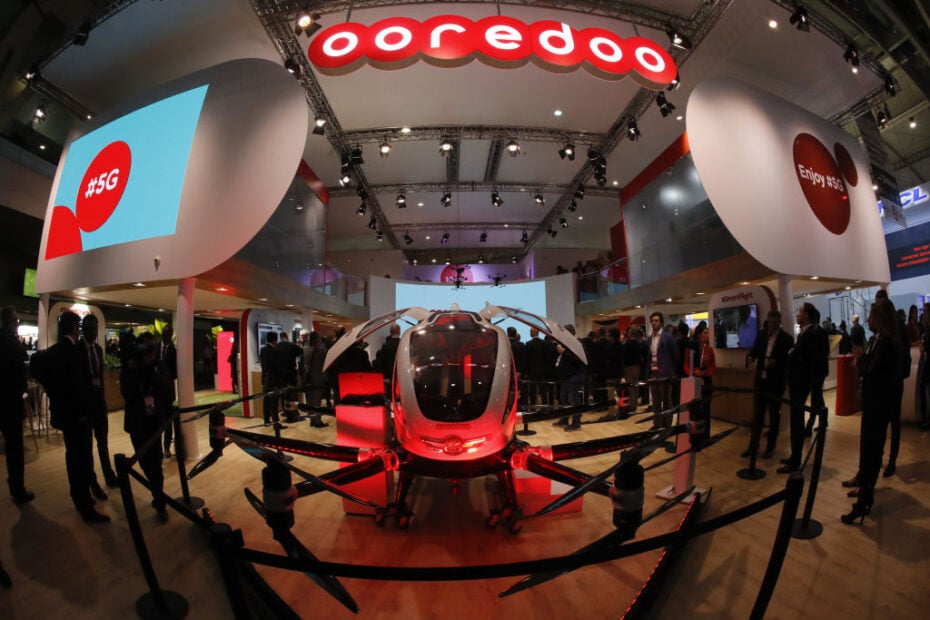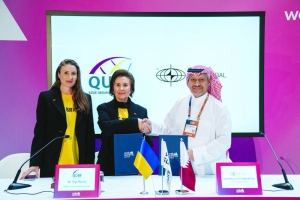Image credit: Stefan Wermuth/ Getty Images
Ooredoo Group has joined forces with NVIDIA to deploy artificial intelligence (AI) technology at data centres owned by the Qatari telecoms giant in five Middle Eastern countries.
The deal signifies NVIDIA’s first large-scale launch in the Middle East, setting a promising precedent for the future of AI technology in the region. It makes Ooredoo the first company in the region to give clients of its data centres in Qatar, Algeria, Tunisia, Oman, Kuwait and the Maldives direct access to NVIDIA’s AI and graphics processing technology.
The group is developing an AI-ready platform powered by NVIDIA’s full-stack innovation across systems, software, and services, capitalising on the significant market demand for accelerated computing and hyperconnectivity in the Middle East.
With the deployment of thousands of NVIDIA Tensor Core GPUs in its AI data centres, Ooredoo is not only supporting the region but also empowering its customers. The state-of-the-art AI platform, equipped with advanced infrastructure, tools, and software, opens up a world of possibilities, promising a future where AI is at the forefront of innovation in the Middle East.
The platform will serve as a valuable resource, supporting governments and empowering enterprises and startups to process their private datasets securely.
“Working with NVIDIA, we aim to meet the significantly growing demand for accelerated computing infrastructure to support advanced AI models,” said Aziz Aluthman Fakhroo, group CEO of Ooredoo.
Fakhroo said in an interview with Reuters that Ooredoo is investing $1bn to boost its regional data centre capacity by 20 to 25 additional megawatts (MW) on top of the 40 MW it currently has and plans to almost triple that by the end of the decade.
Ooredoo’s partnership with NVIDIA is part of the group’s broader strategy to boost AI infrastructure in the MENA region while enabling enhanced security, optimised performance, and customisation to align with local standards.
Ronnie Vasishta, NVIDIA’s senior vice president of telecom, said providing the technology will allow Ooredoo to better help its customers deploy generative AI applications.
The initiative, which empowers customers with a state-of-the-art AI cloud platform, is expected to drive economic growth, job creation, and technological innovation across the region.
Ooredoo’s growth strategy
Ooredoo is reinventing itself into a telecom and infrastructure holding company with a de-layered multi-business structure. The Qatari firm’s overarching goal is to foster synergy within its ecosystem while ensuring business sustainability and growth.
The company carved out its data centres into a separate company following a similar move last year to create the Middle East’s largest tower company in a deal with Kuwait’s Zain and Dubai-based TASC Towers Holding.
Fakhroo told Reuters that the company is considering carving out its undersea cables and fibre network into a separate entity.
With a market capitalisation of $8.7bn (Dhs31.9bn), the group’s quarterly profit jumped by 26 per cent year-on-year to $274m (QAR1bn) in Q1 2024 while its revenues rose by 4 per cent to QAR5.9bn, driven by the sustained commercial momentum in Iraq, Algeria, Kuwait, Maldives and Tunisia.













